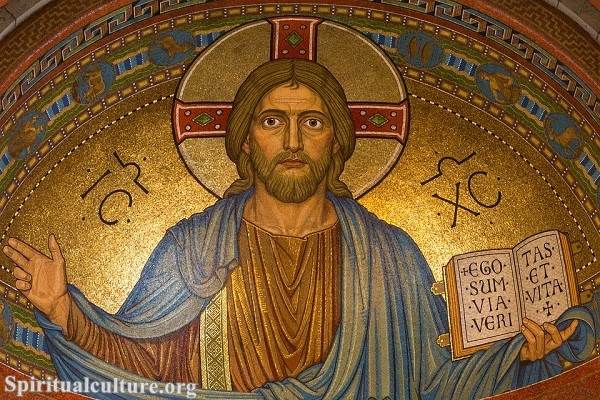These statements were a critique of certain practices within the Roman Catholic Church, and they helped to spark the Protestant Reformation.
The 95 Theses of Martin Luther significantly impacted the history of Christianity, and they are considered one of the key documents of the Protestant Reformation.
The 95 Theses were written in Latin and were originally posted on the door of the Castle Church in Wittenberg, Germany.

The main focus of the 95 Theses was selling indulgences, which were essentially documents that promised to reduce the amount of time a person’s soul would have to spend in purgatory after death. Luther argued that this practice was wrong because it suggested that people could buy their way out of punishment for their sins and that the Church was more concerned with making money than with helping people.
Other themes in the 95 Theses included the nature of forgiveness, the authority of the Church, and the role of faith in salvation. Luther also questioned the Church’s use of tradition and argued that the Bible should be the sole authority for Christian belief and practice.
In addition to his criticisms of indulgences and the Church’s emphasis on tradition, Luther also argued that forgiveness was a free gift from God and that it could not be bought or earned through good works or by paying money to the Church. He believed that people were justified, or made right with God, through faith alone and that good works were a natural result of faith rather than a means of earning salvation.
Luther also challenged the authority of the Church and argued that the Bible should be the sole source of Christian teaching and practice. He believed that the Church had strayed from the teachings of the Bible and that it needed to be reformed to return to its biblical roots.
The 95 Theses were widely circulated and led to a great deal of debate and discussion. They are considered one of the key documents of the Protestant Reformation and have had a lasting impact on the Church and society.


